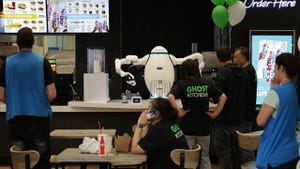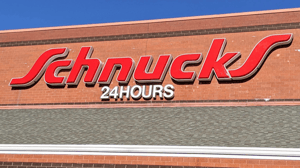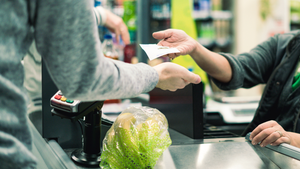Sponsored By
Grocery Operations
More Topics
- Grocery Technology
- Legislation & Regulatory News
- Mergers & Acquisitions
- Independents / Regional Grocers
- Grocery Marketing
- Grocery Wholesale & Distributors
- Retail Labor
- Foodservice at Retail
- Food Safety
- Sustainability
- Grocery Pharmacy & Health Care
- Finance
- New Stores
- Executive Moves
- Supplier News
- Company News
- Food Accessibility
- Retail Media
- Recalls
- Store Closings
A Schnucks sign on a Schnucks store.
Recalls
Schnucks switches deli meat purveyors following deadly Boar’s Head Listeria outbreakSchnucks switches deli meat purveyors following deadly Boar’s Head Listeria outbreak
The St. Louis-based grocer will now carry Dietz & Watson’s deli meats and cheeses
Stay up-to-date on the latest food retail news and trends
Subscribe to free eNewsletters from Supermarket News

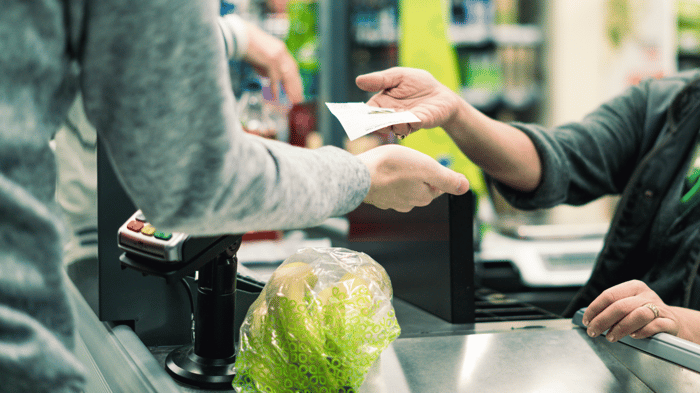




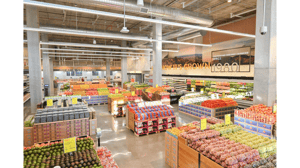






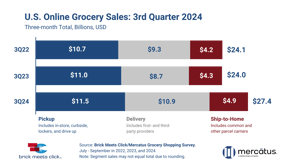
.webp?width=300&auto=webp&quality=80&disable=upscale)





